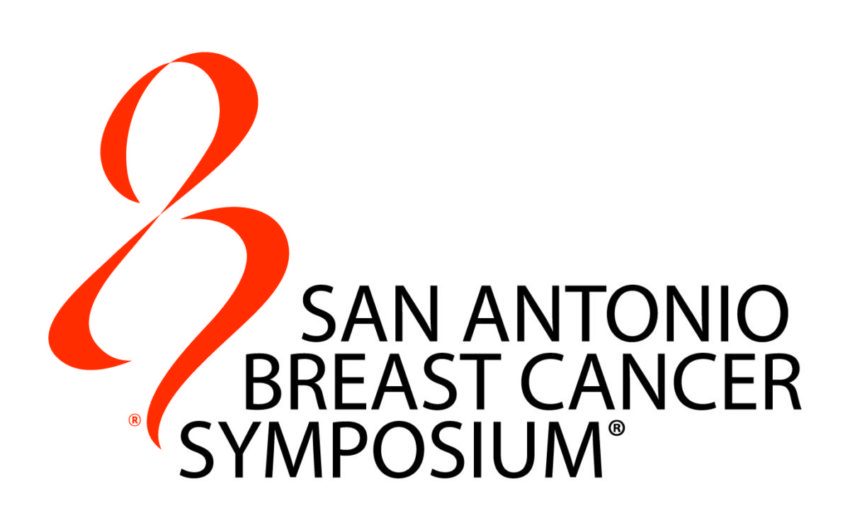SAN ANTONIO (Dec. 5, 2016) ― More than 7,000 oncologists, cancer researchers and patient advocates will converge on San Antonio Dec. 6-10 for the 39th San Antonio Breast Cancer Symposium (SABCS) in the Henry B. Gonzalez Convention Center.
The symposium is one of the largest breast cancer meetings in the world, with approximately half of attendees coming from more than 90 countries outside of the U.S. The meeting also is significant in that it generates a $19 million economic impact for San Antonio, based on data from the 2015 meeting.
The Cancer Therapy & Research Center (CTRC) of the UT Health Science Center San Antonio initiated the SABCS in 1978 and remains one of three co-sponsors, along with the American Association of Cancer Research (AACR) and Baylor College of Medicine.
Virginia Kaklamani, M.D., leader of the breast cancer program at the CTRC, is the university’s co-director for the conference. The CTRC is part of UT Medicine San Antonio, the clinical practice of the Health Science Center’s School of Medicine.
In addition to presenting some of her own research, including an update on a new drug to fight recurring estrogen receptor (ER)-positive breast cancer, Dr. Kaklamani will moderate the symposium press conference on Wednesday, Dec. 7, at 7:30 a.m. (Room 217D), will participate in several Facebook Live sessions and will deliver a Year in Review session on Saturday, Dec. 10 at 10 a.m.
One Facebook Live event, sponsored by the AACR (aacr.org), will be at 12:45 p.m. on Thursday, Dec. 8, (Room 217D).
Dr. Kaklamani, UT Medicine radiation oncologist Richard Crownover, M.D., and retired Health Science Center breast cancer physician-researcher Peter Ravdin, M.D., Ph.D., will participate in a Facebook Live Mentor Session hosted by the Alamo Breast Cancer Foundation (alamobreastcancerfoundation) Friday, Dec. 9, at 6:15 p.m.
Overall, UT Health Science Center researchers will be involved in approximately 20 symposium presentations including several detailed below.
On Dec. 8 at 7:30 a.m., Dr. Kaklamani will give an update on a Phase I clinical trial evaluating a new agent, RAD1901, being developed by the Health Science Center for ER-positive breast cancer.
“Even though we have several standard therapies available for ER-positive breast cancer, this kind of cancer frequently comes back in an even more aggressive form that is resistant to the standard treatments,” said Dr. Kaklamani, an investigator on the study.
“To address these challenges we developed RAD1901, a new, non-steroid, oral medication that is showing a lot of promise in the laboratory and animal models. Our clinical trial is the first that will test this new treatment in humans,” said Dr. Kaklamani, a hematologist/oncologist who sees patients through UT Medicine.
Andrew Brenner, M.D., Ph.D., a specialist in breast, brain and spinal cord cancer through UT Medicine, has five studies looking at a variety of cancer topics including the relationship between obesity and breast cancer, the use of aspirin and other NSAIDs in reducing the recurrence of cancer, the effects of fish oil in suppressing inflammation in obese women and a new treatment for breast cancer patients whose cancer has spread to the brain.
Ismail Jatoi, M.D., a surgical oncologist who also is interested in population science and genetics, has two studies at the SABCS. One study analyzed data by county to examine breast cancer death rates across the U.S. The other was a study looking at genetic risk factors for breast cancer among women in the Midwest.
There also are a number of basic science studies from UT Health Science Center researchers from the Greehey Children’s Cancer Research Institute, the Department of Obstetrics & Gynecology and other departments.
Visit SABCS.org for more information about abstracts, media registration and embargo rules.
Please contact Rosanne Fohn or Will Sansom from the UT Health Science Center in advance for assistance in setting up interviews with UT Health Science Center San Antonio researchers.
# # #
For current news from the UT Health Science Center San Antonio, please visit our online newsroom, like us on Facebook or follow us on Twitter.
# # #
The Cancer Therapy & Research Center (CTRC) at The University of Texas Health Science Center at San Antonio is one of the elite academic cancer centers in the country to be named a National Cancer Institute (NCI)-Designated Cancer Center, and is one of only four in Texas. A leader in developing new drugs to treat cancer, the CTRC Institute for Drug Development (IDD) conducts one of the largest oncology Phase I clinical drug programs in the world, and participates in development of cancer drugs approved by the U.S. Food & Drug Administration. For more information, visit www.ctrc.net.


